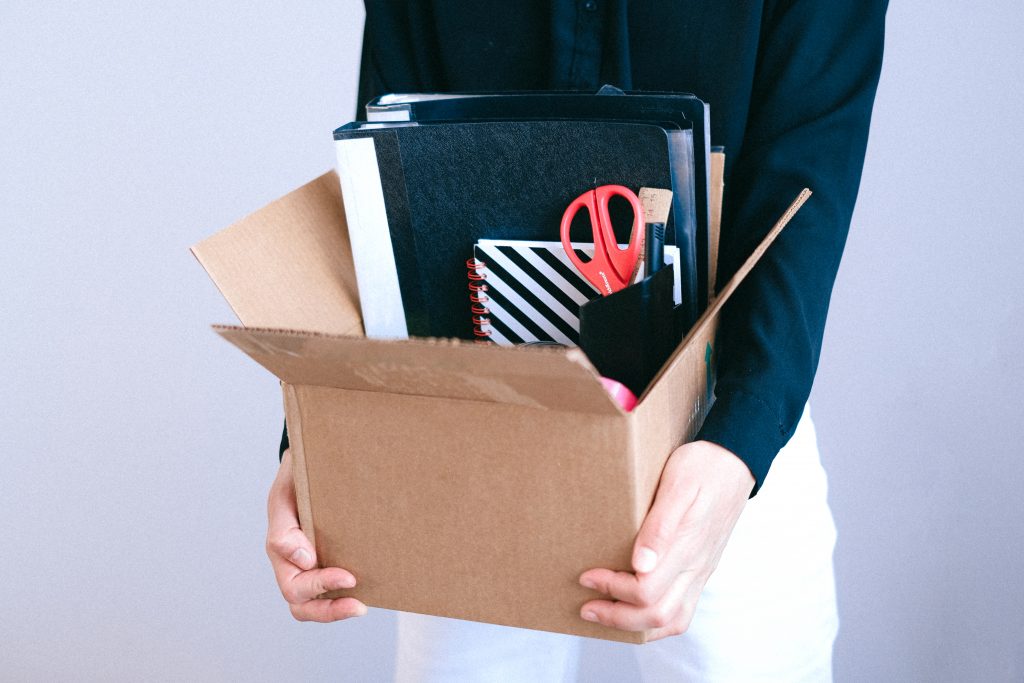|
|
Strategies for Overcoming Debt During Unemployment

Facing Financial Realities Unemployment can be a daunting time, especially when debts loom large. Ignoring creditors is not an option; proactive steps are essential to weather this financial storm and pave the way for recovery once employment is secured.
Asset Assessment and Income Opportunities Evaluate all assets and potential income sources. Consider part-time work, selling items online, or local gigs to generate cash flow. This can help maintain minimum payments and prevent further debt accumulation.
Debt Inventory Compile a comprehensive list of debts, including:
- Car loans
- Mortgages
- Utility bills
- Store cards
- Credit cards
Knowing exactly what you owe, including outstanding balances and monthly payments, is the first step to taking control.
Budgeting for Survival Create a ‘survival budget’ that eliminates non-essential expenses. Prioritize family needs over creditors but remain mindful of maintaining key relationships with lenders.
Engaging with Creditors Reach out to creditors immediately if you’re unable to meet payment obligations. Many creditors appreciate early communication and may offer modified payment plans or temporary relief.
Avoiding Additional Debt While unemployed, it’s crucial to avoid incurring new debt. Use credit cards judiciously and steer clear of ‘pay-later’ schemes. Focus spending on essentials like housing, utilities, and food.
Rebuilding After Unemployment Once you find new employment, continue practicing financial prudence. Monitor your credit report, negotiate with creditors, and consider debt consolidation options if necessary.
Visit https://www.kwikcashonline.com to learn more!
